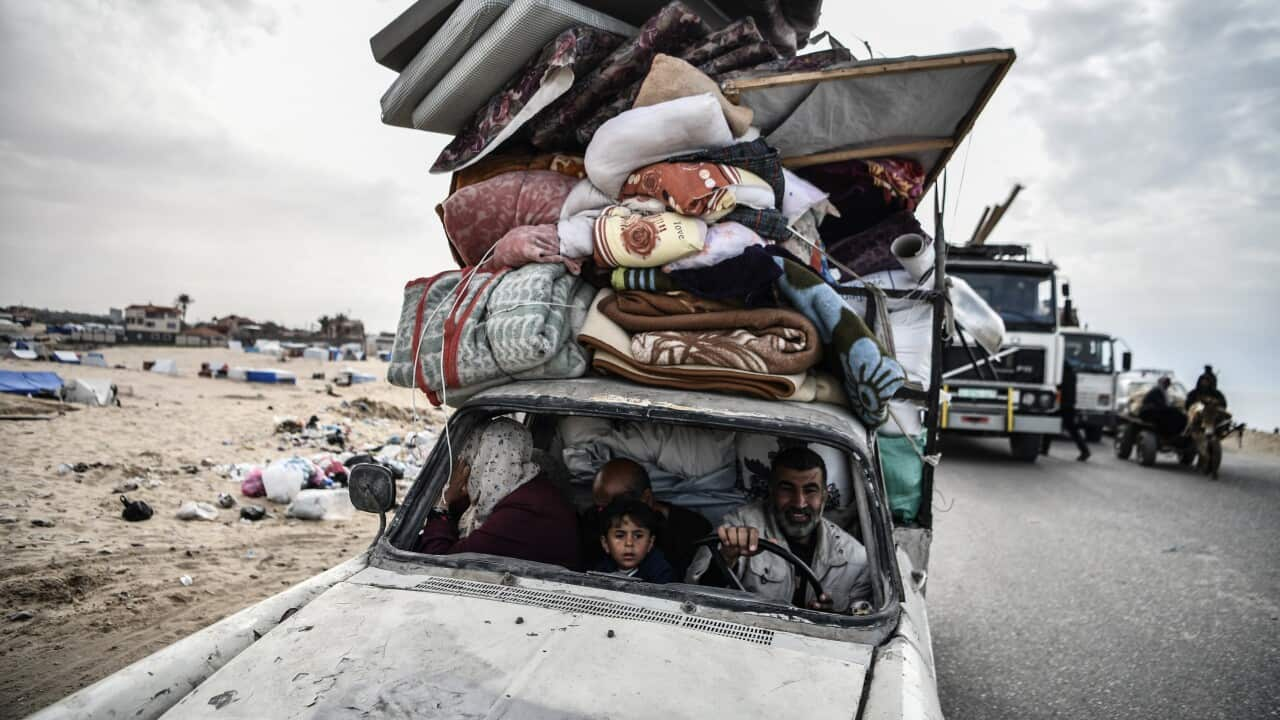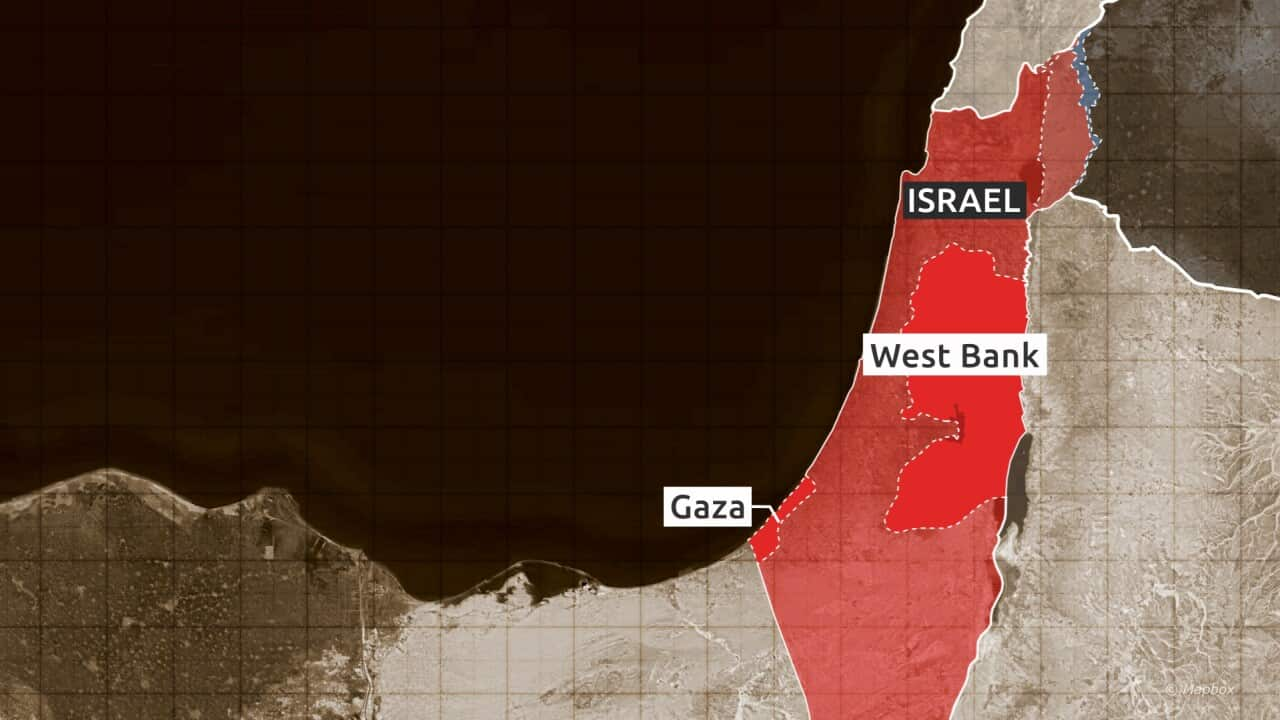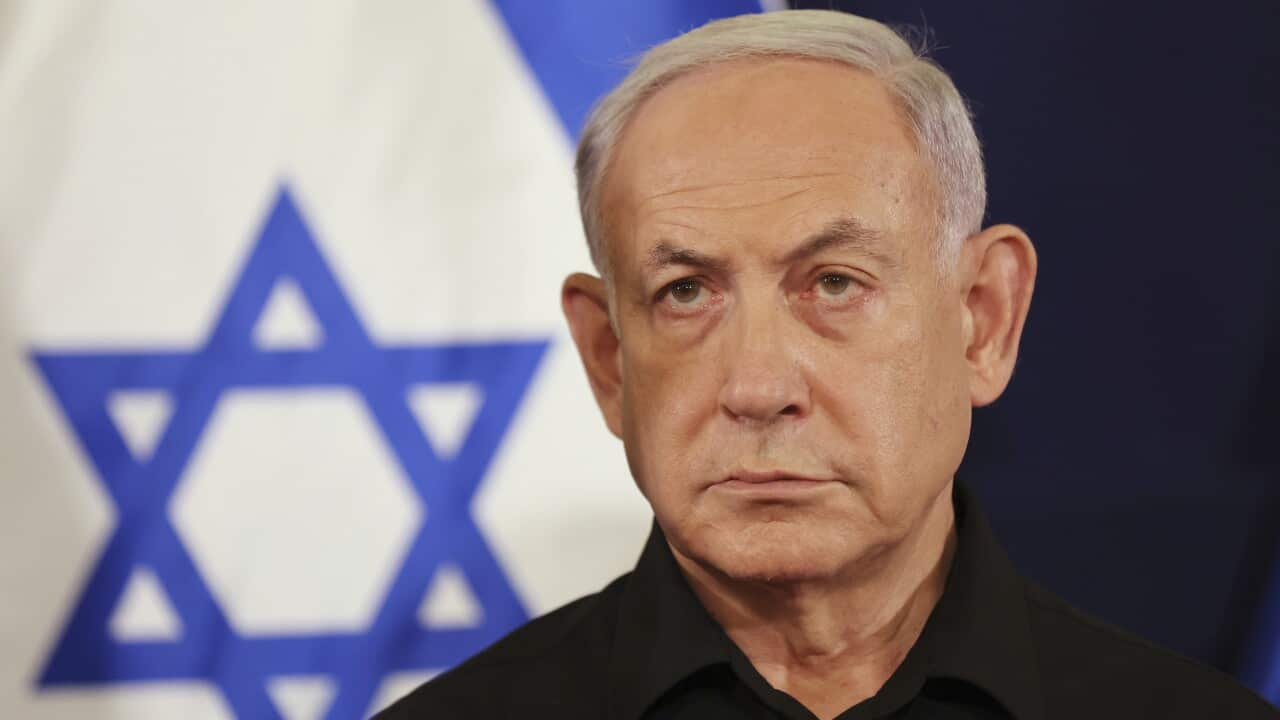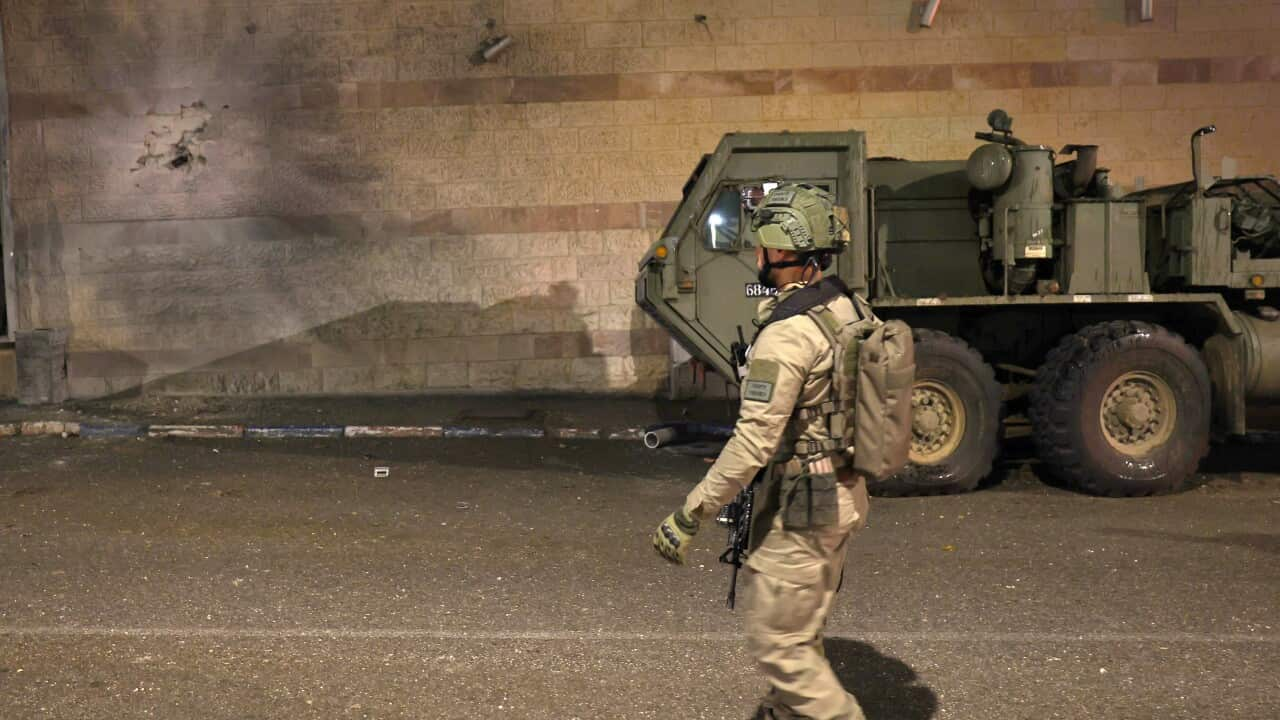Key Points
- The UN estimates about 1.4 million Palestinians are in Rafah, many of whom fled there to avoid heavier bombing.
- Israel has said its soldiers would move into Rafah, a move the UN has said could lead to "a slaughter".
- Most Palestinians are unable to cross into Egypt and risk being shot dead if they try to cross the Israel border.
There is nowhere safe in Gaza to go.
That's what international relations and political science experts are saying as Israel plans its ground invasion into Rafah.
About 2,000 displaced people arrived in what is Gaza's southernmost city on Thursday night, adding to more than a million who made their way there from other parts of Gaza
However, even after Gazans were told to move south,
Israel's Prime Minister Benjamin Netanyahu has said his country's soldiers would enter Rafah, referring to it as "Hamas' last bastion". Netanyahu said Israel wanted to and free Israeli hostages being held there.
He added: "We will fight until complete victory and this includes a powerful action in Rafah as well, after we allow the civilian population to leave the battle zones". Aid agencies have also said the displaced have nowhere else to go in the territory.
Reuters has reported a spokesperson for Hamas saying that the attack on Rafah was a continuation of a "genocidal war" and forced displacement attempts Israel had waged against the Palestinian people.
Hamas is a Palestinian political and military group, which has governed the Gaza Strip since the most recent elections in 2006. Hamas’ stated aim is to establish a Palestinian state and stop the Israeli occupation of Gaza and the West Bank, illegal under international law.
Hamas in its entirety is listed as a terrorist organisation by the European Union and seven other countries, including Australia. But the UN Assembly rejected classifying Hamas as a terrorist group in a 2018 vote.
Hamas' 7 October attack on Israel, and the Israeli attack on Gaza that has followed, are the latest escalation in a long-standing conflict.
In 2021 the International Criminal Court opened an investigation into alleged Israeli war crimes in the Palestinian territories dating back to 2014, including the recent attacks of both Israel and Hamas.
UN humanitarian chief urges Israeli government to avoid possible 'slaughter'
UN humanitarian chief Martin Griffiths has warned Israel's planned military push into the southern city "could lead to a slaughter".
"The international community has been warning against the dangerous consequences of any ground invasion in Rafah. The Government of Israel cannot continue to ignore these calls," he said in a statement.
Simon Frankel Pratt, lecturer in political science at the University of Melbourne, said there were no clear options for Palestinians in Gaza who wish to seek safety.
“I wish I had an idea as to what the Israelis think these people are going to do," he said.
"Rafah is home to well over a million internally displaced Palestinians, residents of Gaza — it is a sort of last refuge.
"Many of these people have been displaced several times. It's a humanitarian crisis and I have no idea where these people are supposed to go in the event of intense combat operations taking place there,” Frankel Pratt said.
“Israel has told people that some places are safe but has not held back from attacking them, and maybe with a lower degree of intensity but frequently enough that they don't actually seem all that safe. Places like UNRWA (United Nations Relief and Works Agency) schools or hospitals are normally thought of as safe places but
"So it's really hard to think of any place in the Gaza Strip right now that is categorically a safe place of refuge.”
Australia, New Zealand and Canada express 'grave concerns' over Rafah operation
A joint statement from the prime ministers of Australia, Canada and New Zealand on Thursday expressed "grave concerns" about an Israeli ground invasion of Rafah.
Anthony Albanese, Canadian Prime Minister Justin Trudeau and New Zealand Prime Minister Christopher Luxon collectively , noting: "There is simply nowhere else for civilians to go."
"A military operation into Rafah would be catastrophic. About 1.5 million Palestinians are taking refuge in the area, including many of our citizens and their families," the statement read.
"With the humanitarian situation in Gaza already dire, the impacts on Palestinian civilians from an expanded military operation would be devastating. We urge the Israeli government not to go down this path."

Rafah has already been the target of Israeli bombing but the country's military is warning it will intensify its assault on the town. Source: Getty / Anadolu
"The protection of civilians is paramount and a requirement under international humanitarian law. Palestinian civilians cannot be made to pay the price of defeating Hamas," the statement said.
"The International Court of Justice has been clear: Israel must ensure the delivery of basic services and essential humanitarian assistance and must protect civilians."
What options do Palestinians in Rafah have?
Frankel Pratt said exiting the Gaza Strip into Egypt via the Rafah crossing was possible with the right permits but, for most Palestinians, these were unattainable and costly.
"For the most part, these borders are not open to Palestinian movement, and they haven't been for a very long time," he said.
"People may be clustered around the border in the hope of getting earlier access to aid since , but I don't think they're likely to actually leave the area.
"If they approach Israel's border wall or sort of defences that they've erected kind of longitudinally along the Gaza Strip, they're likely to just be shot dead."
Martin Kear from the Department of Government and International Relations at the University of Sydney said Israel’s ongoing actions in Gaza were not in line with the
He said that, without stronger Western diplomacy, civilians in Gaza would continue to suffer.
Kear said Palestinian people had “been herded down into the southern part of the Gaza Strip through Israel's actions" and this was "the design of Israeli government and its military from the very beginning in an effort to destroy Hamas militarily".
He said he believed Israel hoped to make the Gaza Strip "uninhabitable".
"I think that Israel would like to push them out altogether, but that's not going to happen."
Kear said that, despite statements by senior Israeli government officials that Palestinians in Gaza could seek shelter in the Sinai region of Egypt, the Egyptian government had "flatly refused to countenance that".
"The Egyptian government has for decades struggled to maintain any degree of control over the Sinai Peninsula itself and having two million people lumped in the area would create a human rights catastrophe and a security nightmare.”
Kear said that, if it was determined that Gaza was uninhabitable, it could reach the point where other countries would have to offer refuge to Palestinians.
"If all of a sudden the international community says: 'Okay, all these states have to start accepting refugees' — that would be the ethnic cleansing of the Gaza Strip, which is a war crime."













